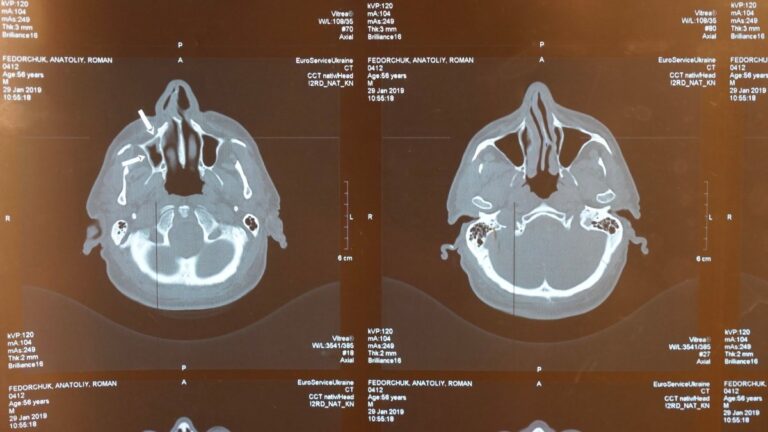Adults Grow New Brain Cells, And They Help Us Learn Through Listening
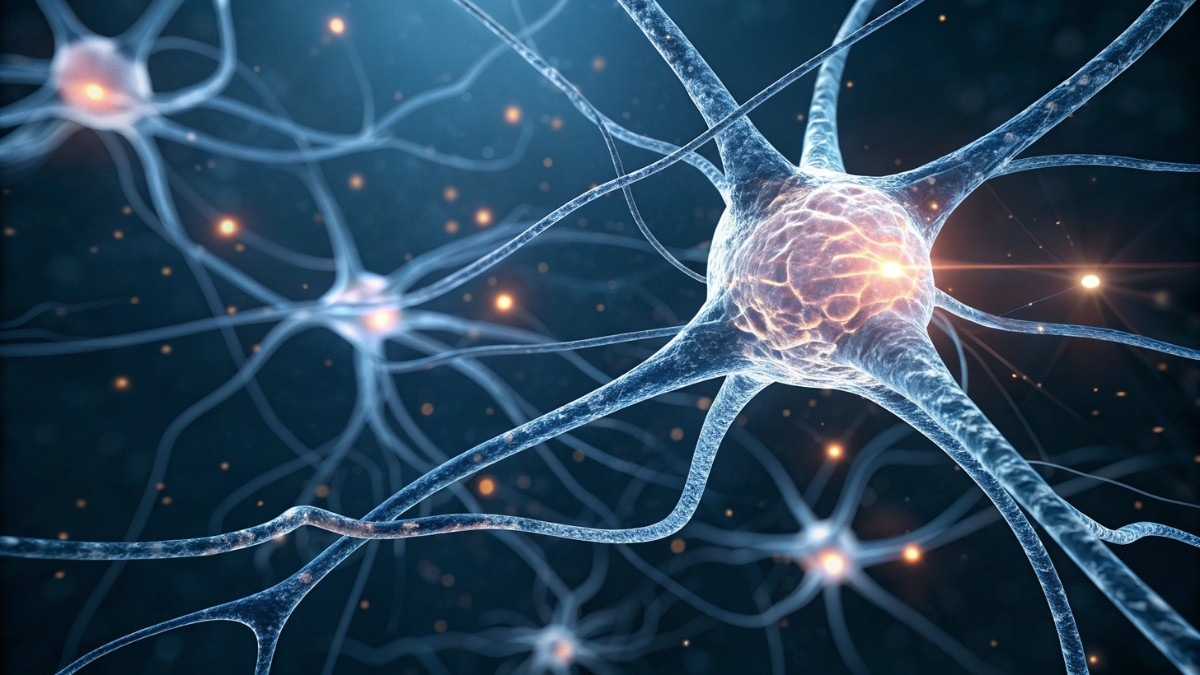
Your brain created approximately 700 new neurons today in a seahorse-shaped structure called the hippocampus—and they’re waiting to help you learn something new.
Most adults think they’ve passed their best learning years. They struggle to pick up new skills because they’re using the same methods from high school—reading textbooks, taking notes, cramming information.
These techniques ignore how adult neurogenesis learning actually works. Your brain has changed since you were 16, but your learning approach hasn’t.
Here’s what most people don’t know: Your brain grows new cells every single day. These fresh neurons are designed specifically for learning and memory. But you need to activate them the right way. Reading isn’t always the answer. Writing notes isn’t always the answer.
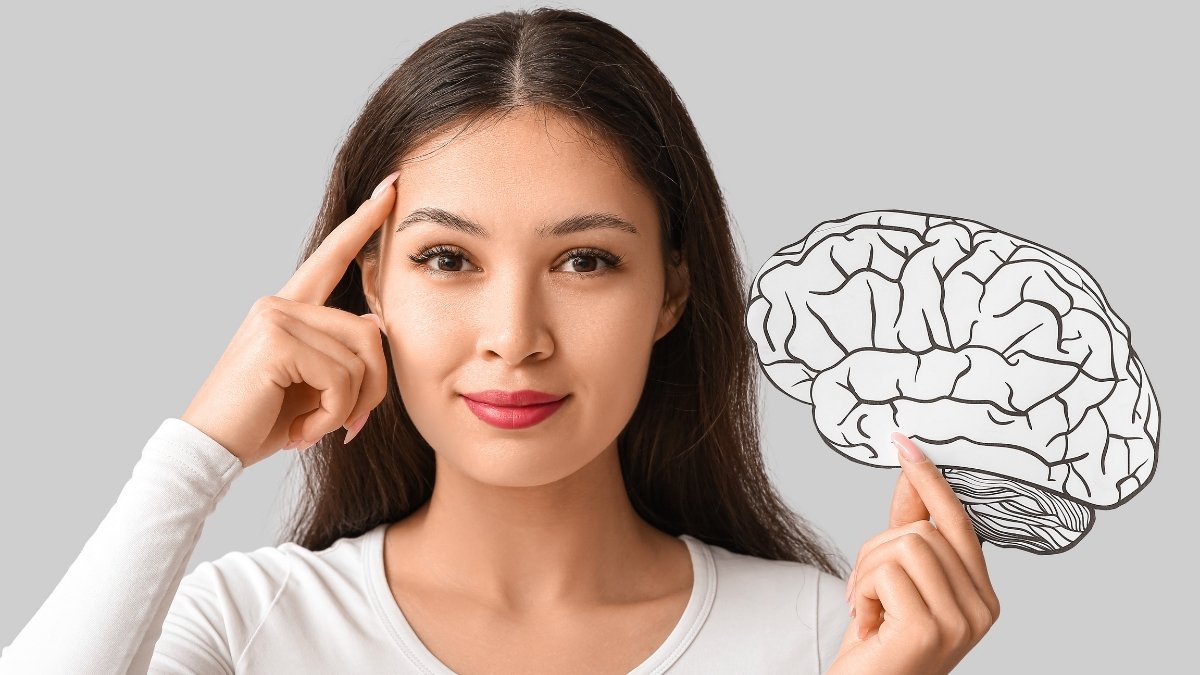
Listening is.
Your ears connect directly to your brain’s memory centers in ways your eyes don’t. When you listen, you trigger new neurons that boost your learning capacity. This isn’t theory—it’s proven neuroscience that explains why some people master languages through podcasts or learn complex skills during their commute.
In this article, you’ll discover how brain plasticity in adults works, why listening creates stronger neural pathways than other methods, and the exact strategies to make your brain absorb information faster. You’ll learn how to create the perfect conditions for your 700 daily neurons to turn into real skills.
The Science of Adult Neurogenesis: Your Brain Never Stops Growing
Until 1998, neuroscientists believed you were born with all the brain cells you’d ever have. Then researchers like Fred Gage at the Salk Institute and Peter Eriksson changed everything. They proved adult brains create new neurons every single day—a process called adult neurogenesis learning.
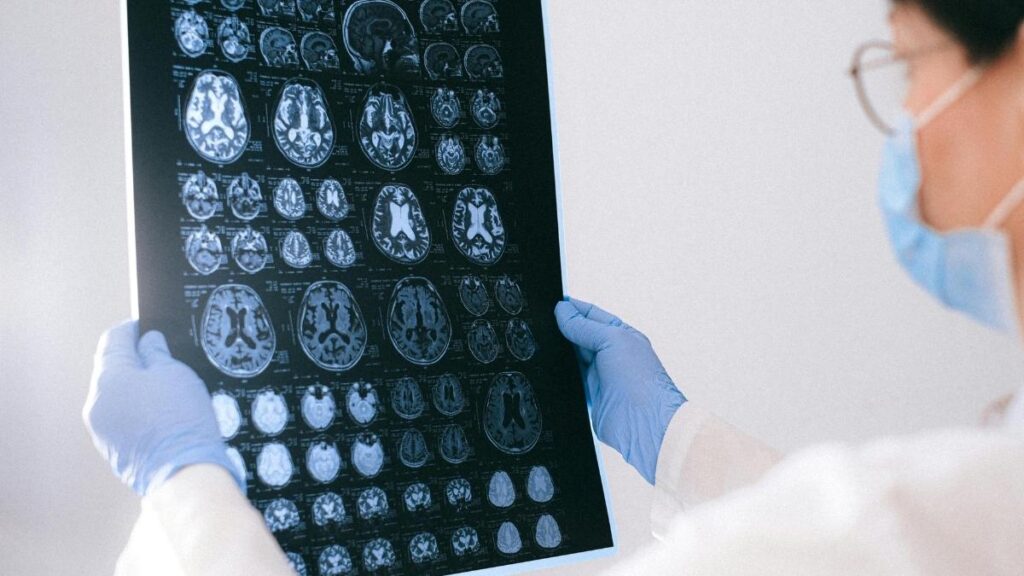
Your hippocampus, the brain’s memory center, grows about 700 new neurons daily. These fresh brain cells help you learn faster and remember better. Neural stem cells in this seahorse-shaped structure keep dividing throughout your life, proving brain plasticity in adults is real.
Exercise boosts this process by 50%. Stress kills it. Sleep, learning new things, and staying active all trigger hippocampal neurogenesis. The more you challenge your brain, the more it grows. Studies show people who learn regularly can increase their hippocampal volume by 2-3% in just months.
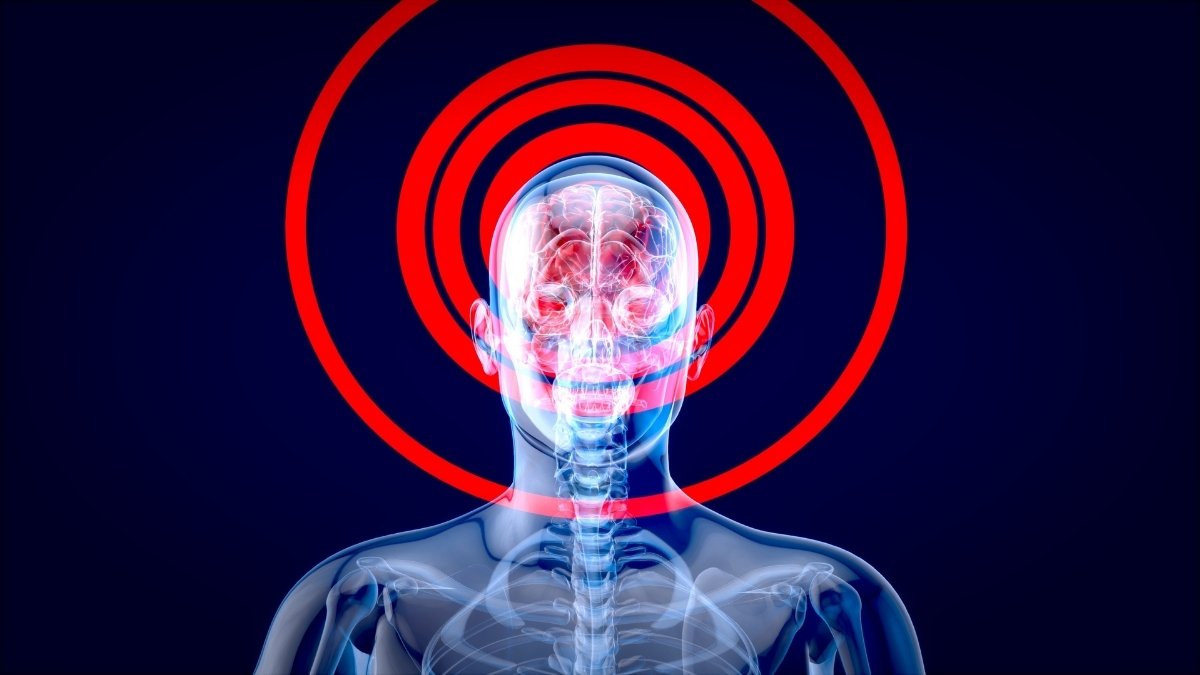
But not all learning activities stimulate neurogenesis equally. One method stands out for its unique ability to engage these new neurons: listening.
How Adults Learn New Skills Through Strategic Listening
Neurogenesis gives you the hardware—but you need the right software to maximize learning. Here’s how adults learn new skills using proven listening strategies that trigger adult neurogenesis learning.
Listen to the same material three times. First time, get the big picture. Second time, focus on details. Third time, connect it to what you already know. Space these sessions out by at least one day. Your brain needs time for memory consolidation between sessions.
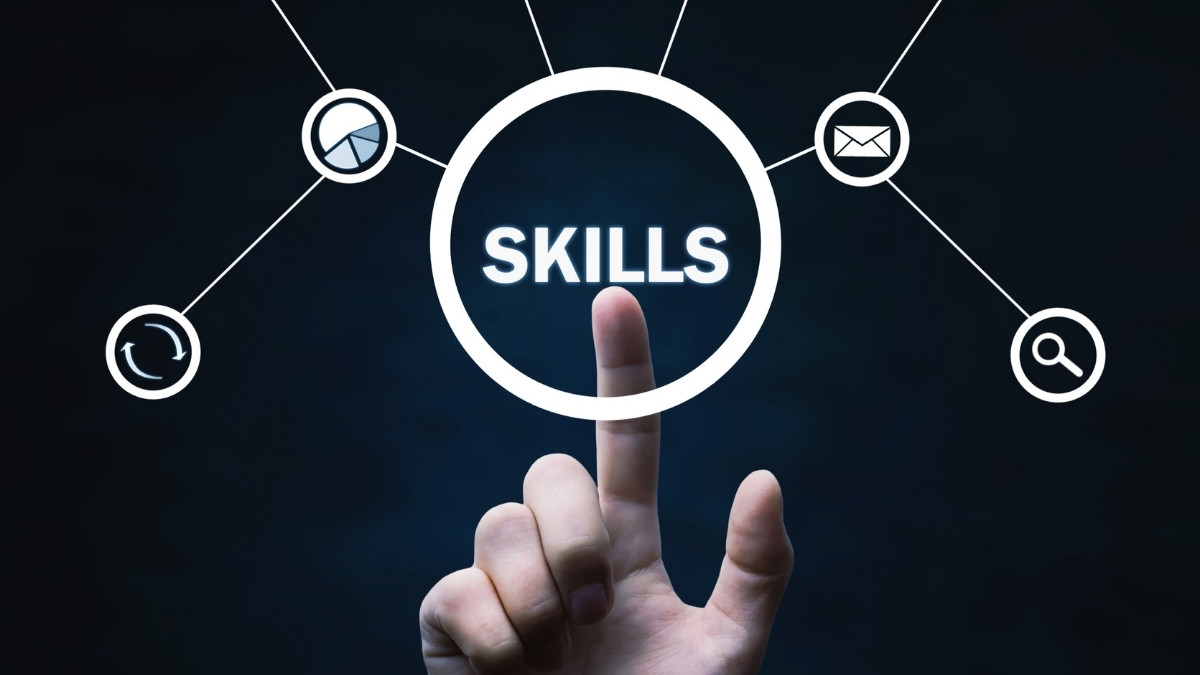
Keep sessions between 20-45 minutes. Longer than that, your focus drops. Shorter, and your brain doesn’t have time to build connections. Morning listening works best—your brain is fresh and ready to form new pathways.
Speed up playback to 1.25x or 1.5x. This forces your brain to pay attention. Mix different but related topics in one week instead of blocking them. Learning Spanish verbs, then grammar, then pronunciation works better than three days of just verbs.
Create pictures in your mind while listening. If someone explains photosynthesis, imagine the sun hitting leaves. This visualization builds stronger neural connections. After listening, explain what you learned out loud. Teaching it back—even to yourself—cements the information.

Try apps like Pimsleur for languages or Blinkist for books. Listen to The Tim Ferriss Show for skill-building or Coursera audio courses for professional growth. Take notes after listening, not during. Let your brain focus fully on absorbing first.
These strategies work best when your brain is primed for neurogenesis in the first place.
Creating Optimal Conditions for Adult Neurogenesis and Learning
Exercise is the single biggest trigger for new brain cell growth
Just 30 minutes of walking, jogging, or cycling three times a week increases neurogenesis by up to 50%. Aerobic exercise floods your hippocampus with growth factors that create new neurons. Do this before your listening sessions for best results.

Sleep is when your brain locks in what you learned. Get 7-9 hours, especially on nights after learning something new. Studies show people who sleep less than six hours retain 40% less information. Your brain replays what you heard during deep sleep, moving it from short-term to long-term storage.
Stress kills new brain cells
When cortisol levels stay high, your hippocampus actually shrinks. Take 10-minute walks outside, spend time with friends, or try five minutes of deep breathing. These simple habits lower stress hormones and protect your brain plasticity in adults.
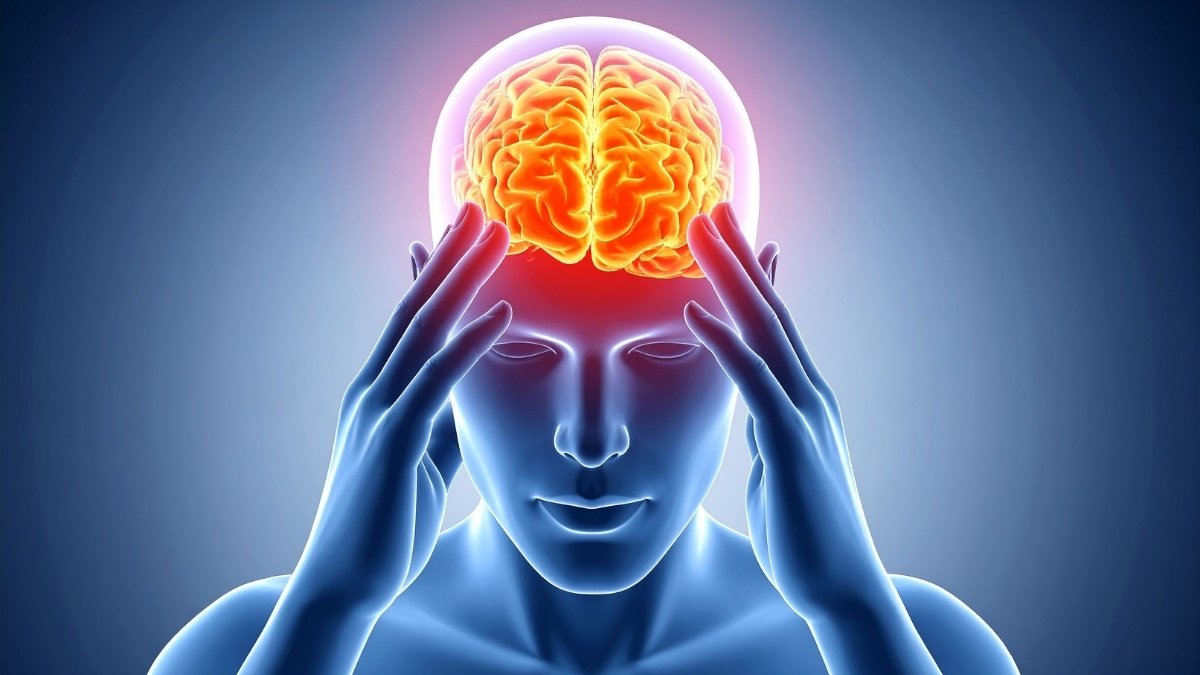
Feed your brain right. Eat fatty fish twice a week for omega-3s. Snack on blueberries and dark chocolate—both boost blood flow to your brain. Drink green tea instead of soda. A Mediterranean-style diet can improve cognitive health by 30% in older adults.
Here’s the best part: learning itself triggers more neurogenesis. The more you listen and learn, the more adult neurogenesis learning happens. It’s a positive cycle. Exercise enhances sleep. Better sleep reduces stress. Lower stress improves learning. And learning creates even more new neurons.

With your brain chemistry optimized, even short listening sessions can produce remarkable learning outcomes.
Real-World Applications: Listening-Based Learning in Action
Sarah, a 34-year-old accountant, wanted to switch to marketing. She listened to LinkedIn Learning audio courses during her 45-minute commute for six months. By the time she applied for marketing jobs, she could talk about SEO, content strategy, and customer acquisition like a pro. She got hired without a marketing degree.
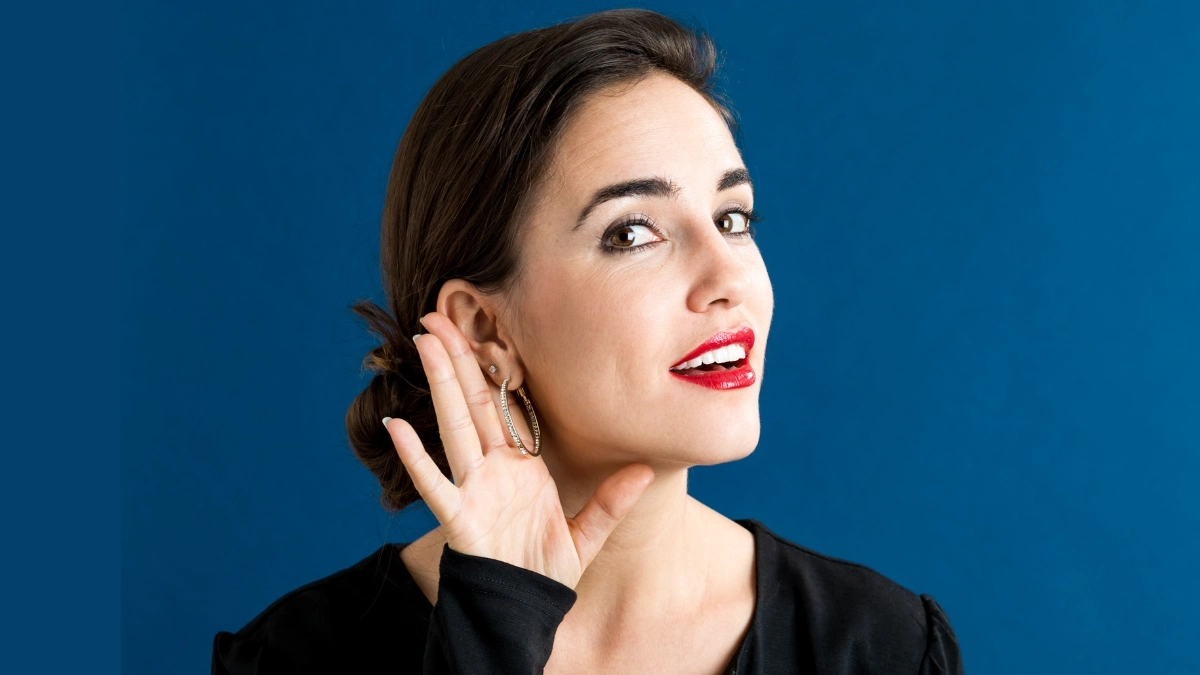
Mike spent two years trying to learn Spanish with apps and books. Then he switched to Duolingo Spanish Podcast and listened during his morning walks. He didn’t look at his phone—just listened and repeated phrases out loud. After eight months of daily 20-minute sessions, he held his first full conversation in Spanish. His auditory learning and memory approach worked better than years of reading.
Jennifer, 58, needed to learn data analysis for her job. She felt too old to understand Python and Excel formulas. She found The Great Courses audio lectures on data science and listened while cooking dinner. The audio explanations made complex ideas simple. Within four months, she was creating reports her team actually used.
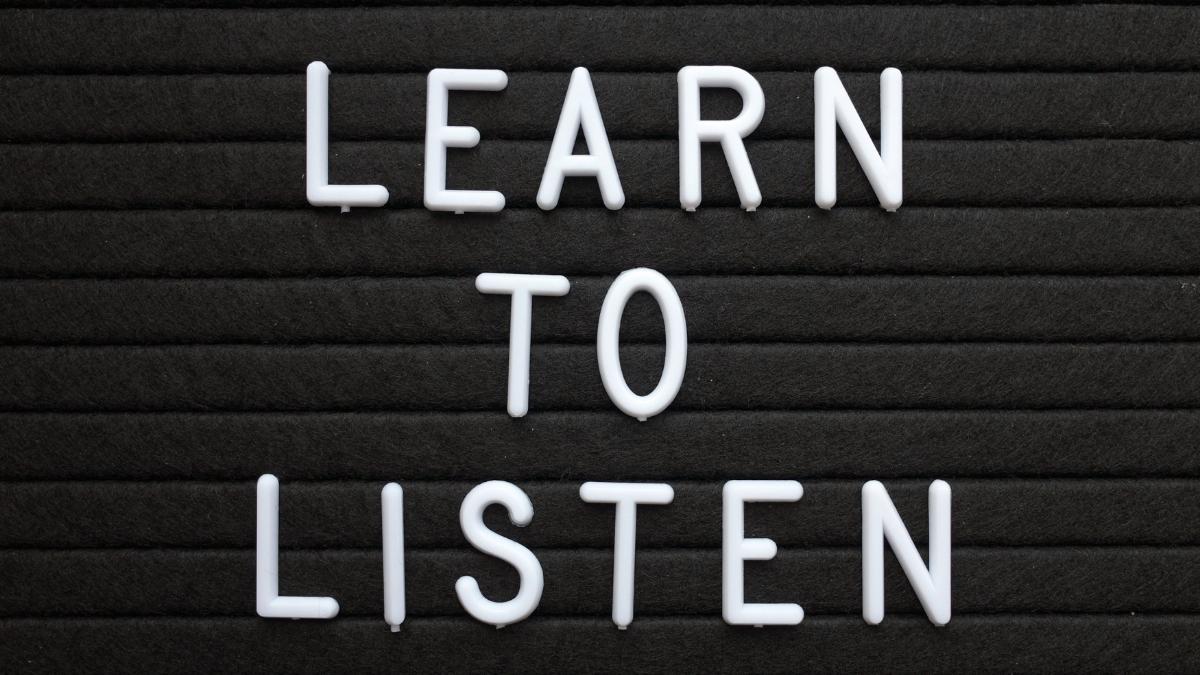
Tom learned guitar at 42 using Masterclass audio features. He listened to lessons while driving, then practiced at home. The audio format let him absorb techniques without staring at a screen. He’s now playing at local open mic nights.
These people show how adults learn new skills through practical application of listening strategies. They didn’t have special talents—they just matched their learning method to how adult brains actually work.
Final Thoughts:
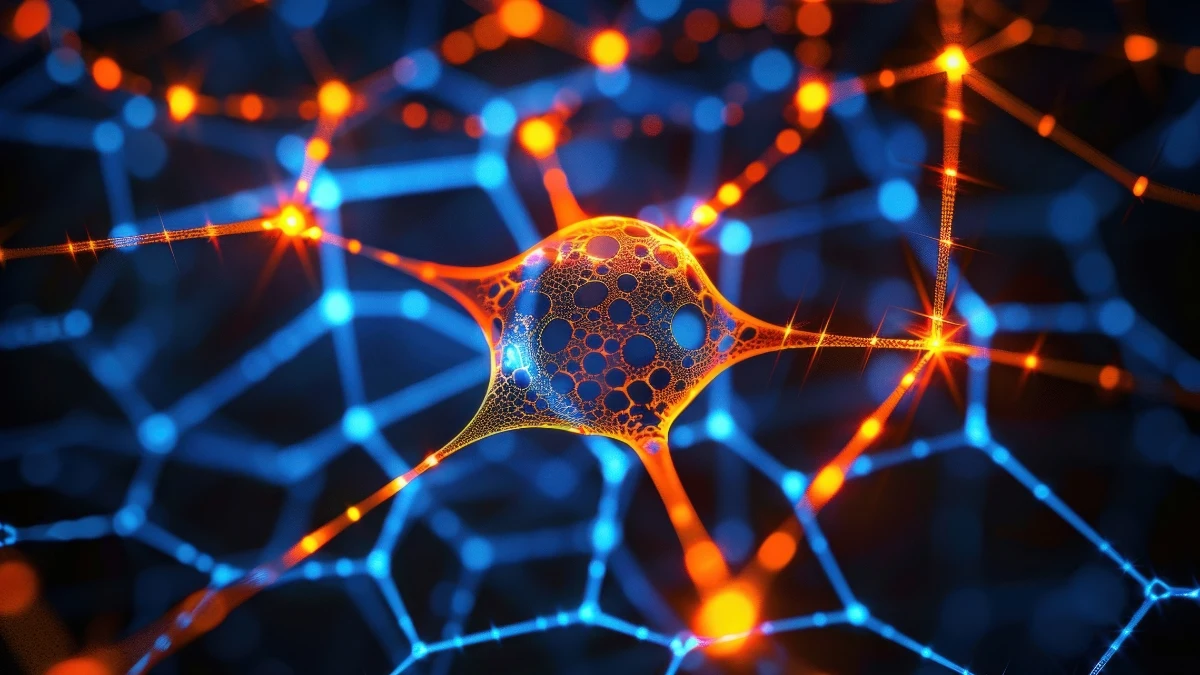
Remember those 700 new neurons your brain created today? They’re not just sitting there. They’re waiting for you to give them something to learn.
Adult neurogenesis learning isn’t a theory—it’s happening in your hippocampus right now. Your brain doesn’t care that you’re 30, 45, or 60. It’s still growing. It’s still changing. Age isn’t your problem. Your learning method is.
Listening taps into neural pathways that reading and writing can’t reach. When you combine strategic listening with the right lifestyle—exercise, sleep, good food, less stress—you create the perfect conditions for how adults learn new skills. Your brain becomes a learning machine.
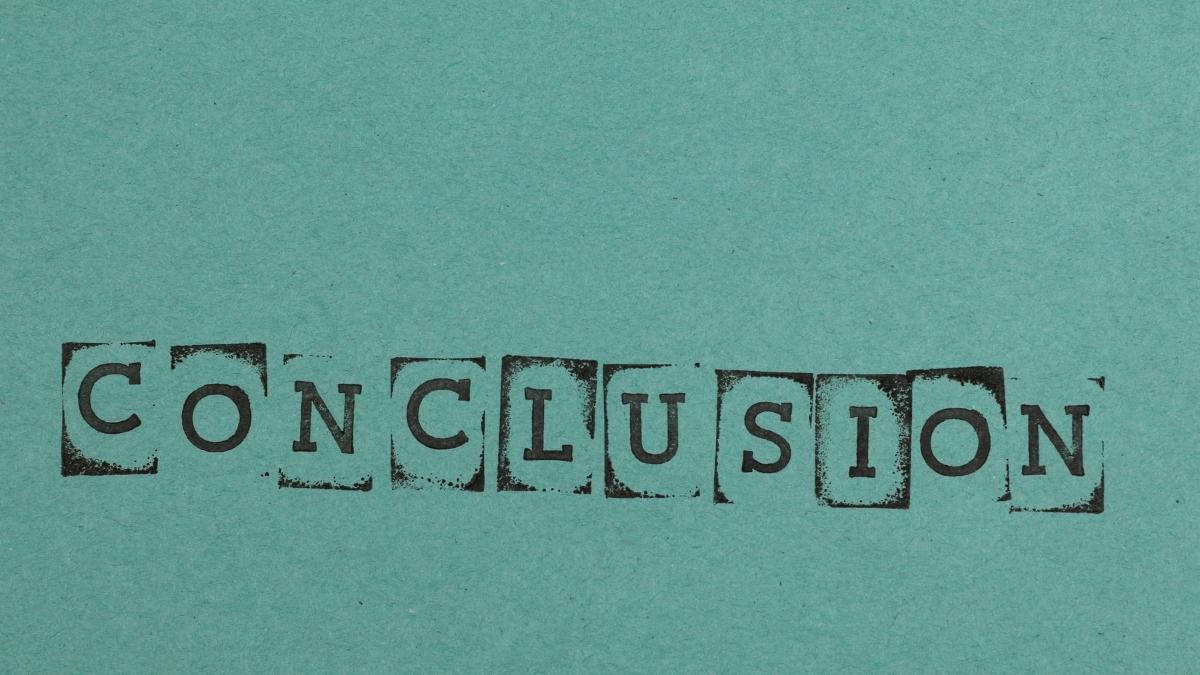
The people who “can’t learn” aren’t broken. They’re just using methods designed for teenage brains in classrooms. You don’t learn like a teenager anymore. You learn like an adult—and that’s actually better when you do it right.
Here’s what to do today: Choose one skill you’ve been putting off. Find a podcast, audiobook, or audio course about it. Listen for 20 minutes. Then take a walk. That’s it.



